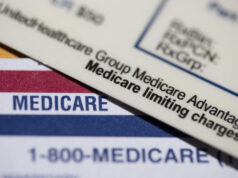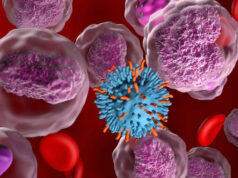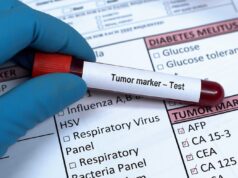 Every day, over 5,000 teens experiment with drugs for the first time. Most parents don’t realize that many of these drugs are not coming from the street, but rather from medicine cabinets in their own homes, or the homes of friends. With the easy availability and false notion that prescription and over-the-counter drugs (OTC) are safe, more and more teens, including those who would never use illicit drugs, are using these to get high.
Every day, over 5,000 teens experiment with drugs for the first time. Most parents don’t realize that many of these drugs are not coming from the street, but rather from medicine cabinets in their own homes, or the homes of friends. With the easy availability and false notion that prescription and over-the-counter drugs (OTC) are safe, more and more teens, including those who would never use illicit drugs, are using these to get high.
All prescription drugs are dangerous when taken by anyone other than the person they were prescribed for. Among the most abused are painkillers, sleeping pills and stimulants, such as drugs prescribed for ADHD. Over-the-counter medications that can be abused include cough and cold medicine.
A big part of the teen drug problem is that 60% of parents with teenagers do not take an inventory of their medicine cabinets. In addition, only 17% of parents dispose of their unused or expired prescriptions regularly, so no one is keeping an eye on old pills that can still deliver a high.
Another part of the problem is parents are not talking to their teens about prescription drug use, even though teens report that parental disapproval is a powerful way to keep them away from drugs.
There are serious health risks related to abuse of prescription drugs. A single large dose of painkillers or depressants can cause breathing difficulty that can lead to death. Stimulant abuse can lead to hostility, paranoia, the potential for heart failure and fatal seizures. Even in small doses, depressants and painkillers have subtle effects on motor skills, judgment, and ability to learn. The abuse of OTC cough and cold remedies can cause blurred vision, nausea, vomiting, dizziness, coma, and death. Many teens report mixing prescription drugs, OTC drugs, and alcohol. Using these drugs in combination is even more likely to cause respiratory failure and death.
This doesn’t mean you must get rid of medications your family needs. It does, however, mean you must make them less accessible. One mother of a 16 year-old said she keeps prescriptions in a locked cabinet in her bedroom. Another mother said she leaves her medicine at the office.
If you must have prescription medication in the house, count your pills to make sure that you’re the only one taking them.
Unfortunately, keeping prescription medications under wraps, doesn’t solve the problem. Teens get drugs from friends, dealers, other kids who have legitimate prescriptions and even the Internet. So not only do you need to keep medicines out of your children’s reach, you also need to know who their friends are and be on the lookout for signs that your child is using drugs. Of course, first and foremost, talk to your teen about the dangers of prescription drug use.
![]() If you or someone you know needs help, please call SAFE’s confidential Toll Free Hotline, 24/7 at 1-866-569-SAFE (1-866-569-7233).
If you or someone you know needs help, please call SAFE’s confidential Toll Free Hotline, 24/7 at 1-866-569-SAFE (1-866-569-7233).



